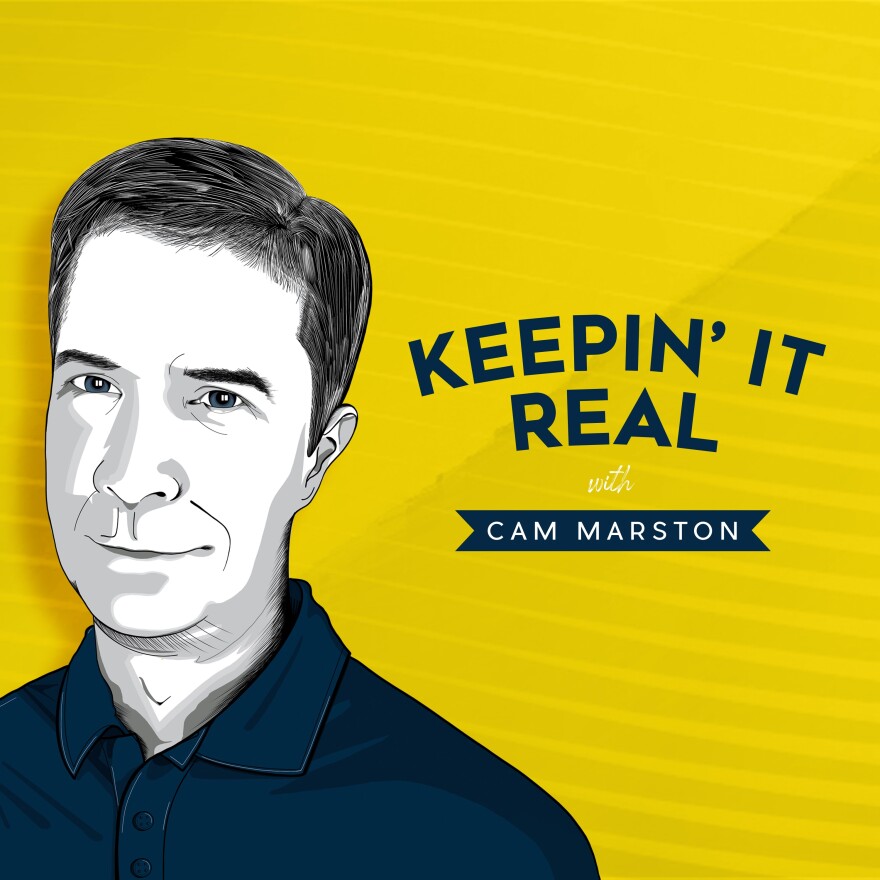My daughter graduated from college in May. After 20+ years advising companies and 7+ years interviewing workplace leaders on my What’s Working with Cam Marston radio show and podcast, I realized I should have some useful advice for her—and others—stepping into the next chapter. This lesson number one called “Wisdom” is more important than Smarts. You can follow the upcoming lesson on my Linkedin page.
Last week, after giving a speech in Atlanta, a young man approached me with a familiar question: “How do I deal with my Gen Z employee who’s been here a year and now wants a leadership role—or else he’s leaving?”
I’ve heard this one for about ten years. First, it was Millennials asking this of Gen X leaders. Now, it’s Gen Z asking it of Millennials.
So, what’s changed?
We raised our kids in a culture of constant praise and reward. We applauded nearly everything. They didn’t ask for it. We gave it to them, believing it was the right thing to do, but it created expectations: follow the rules, don’t mess up, and a reward will come.
And while that may work in classrooms and sports, the workplace plays by different rules. Competence may get you in the game, but leadership requires wisdom.
Wisdom isn’t knowing how to do the job. It’s knowing when, where, why, and with whom. It’s built over time by watching people, seeing how decisions ripple through teams, and understanding the bigger picture.
Can wisdom be accelerated? Maybe, but only through pain and loss. A job falling apart. A serious illness. Hard-earned experience. And nobody wants that path.
Wisdom teaches restraint:
- What not to say
- What not to email
- What not to escalate
- What attention not to attract
- When not to criticize
- What behaviors to avoid copying
Wisdom also teaches self-awareness:
- What do I do well?
- What energizes me?
- Where am I weak?
- What kind of feedback helps me improve?
- What work do I love enough to master?
Even the smartest new hire with the highest GPA won’t have those answers yet. Because wisdom requires time. There is no shortcut. No cheat code.
In fact, the moment someone says, “I’ve been here a year; I’m ready to lead,” they reveal the very lack of wisdom that disqualifies them.
So, for my daughter—and others in her shoes—here’s what I’d say:
1. Focus on what you’re learning.
Beyond task lists, study people and power dynamics.
- What makes leaders effective and likable?
- Who persuades without authority—and how?
- Who’s trusted? Who’s not? Why?
- What subtle behaviors win or lose influence?
2. Make your ambition visible.
This won’t make you wise overnight, but it gets you in places where wisdom grows.
- Raise your hand when help is needed.
- Ask, “Can I take on something that helps you and helps me grow?”
- Suggest training—and explain how it’ll help you now.
3. Build relationships.
Meet people inside and outside your org. Listen deeply. Ask “why” a lot. And speak less—questions build more respect than fast answers.
And finally: stop counting the days.
Keep your head up. Watch closely. Learn quickly. Adjust often. Wisdom sneaks in when you least expect it—and that’s what turns a worker into a leader.
I’m Cam Marston, and I’m just trying to keep it real.



